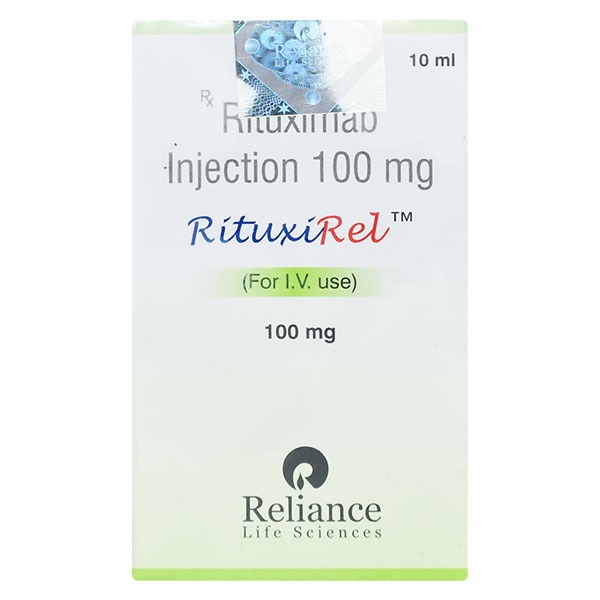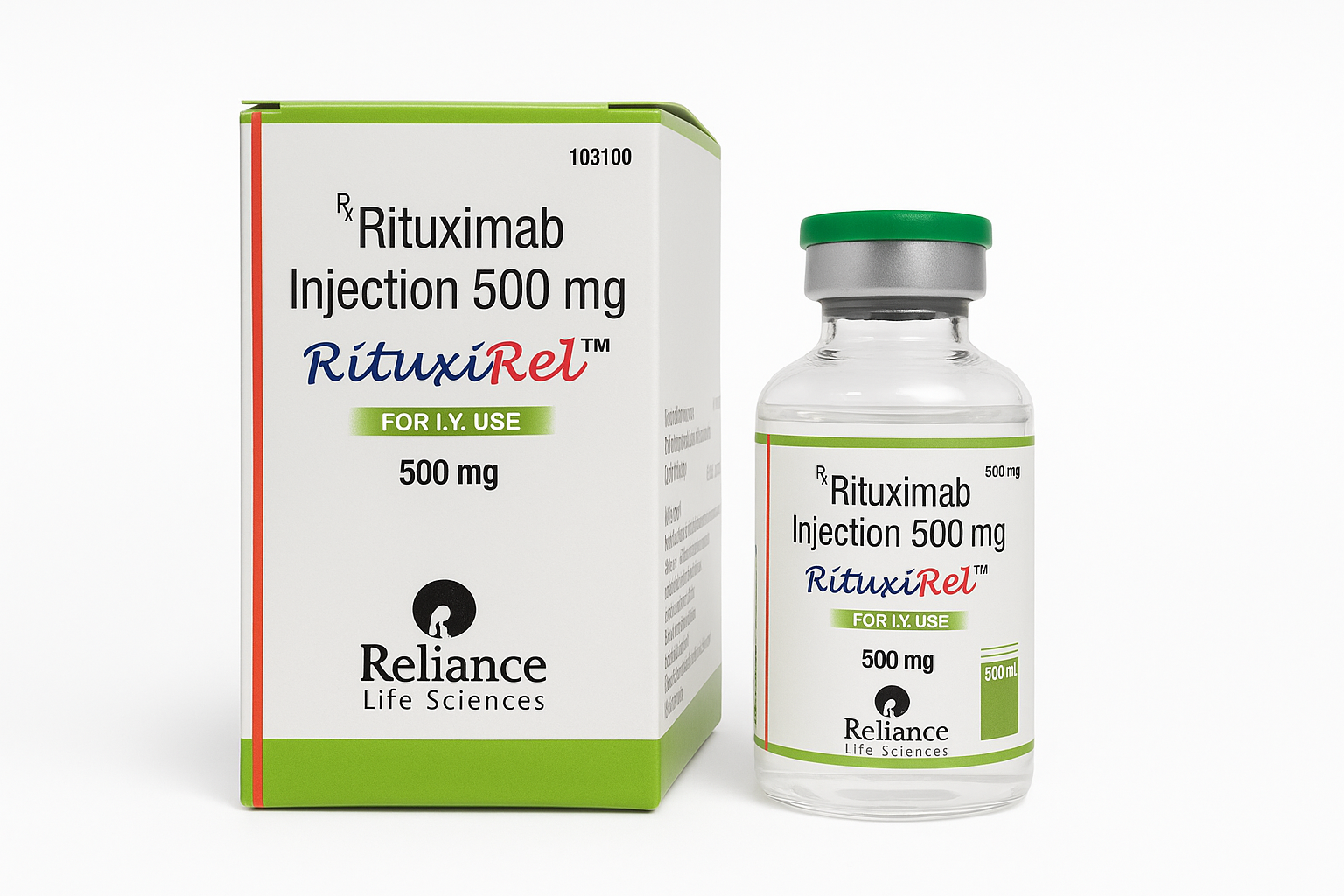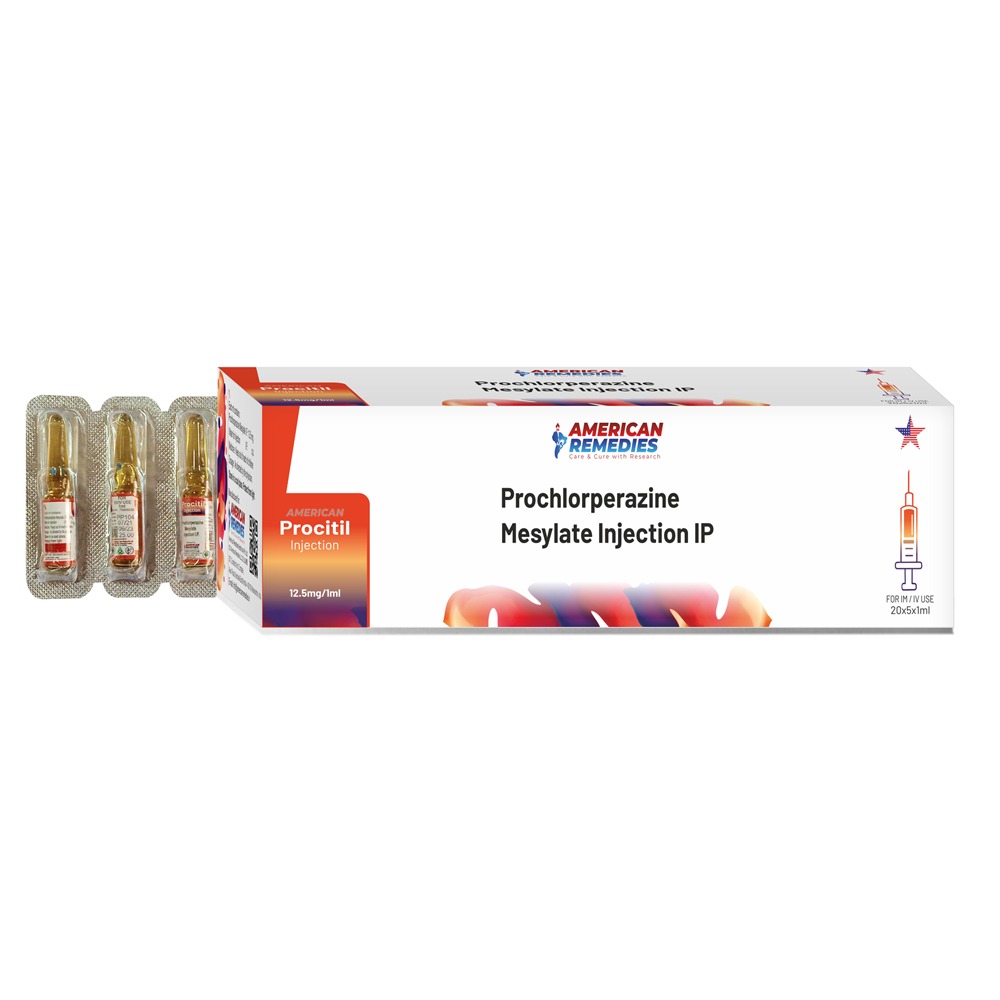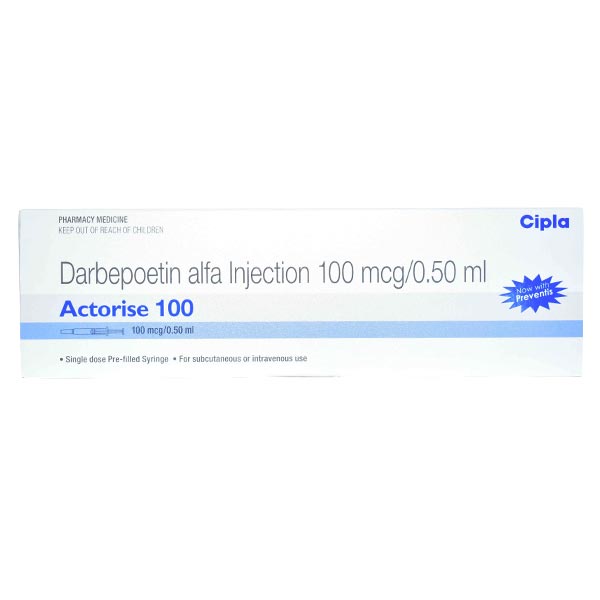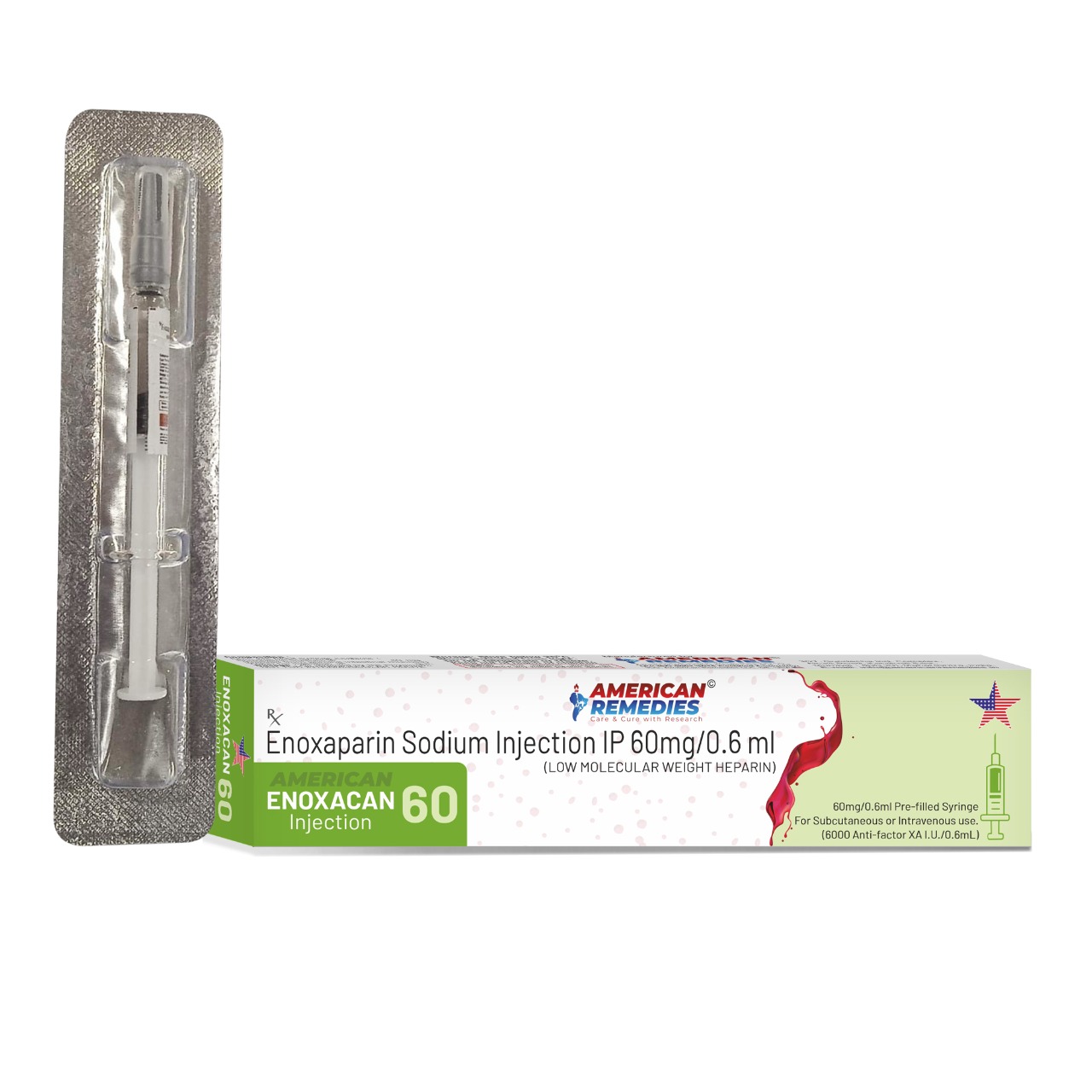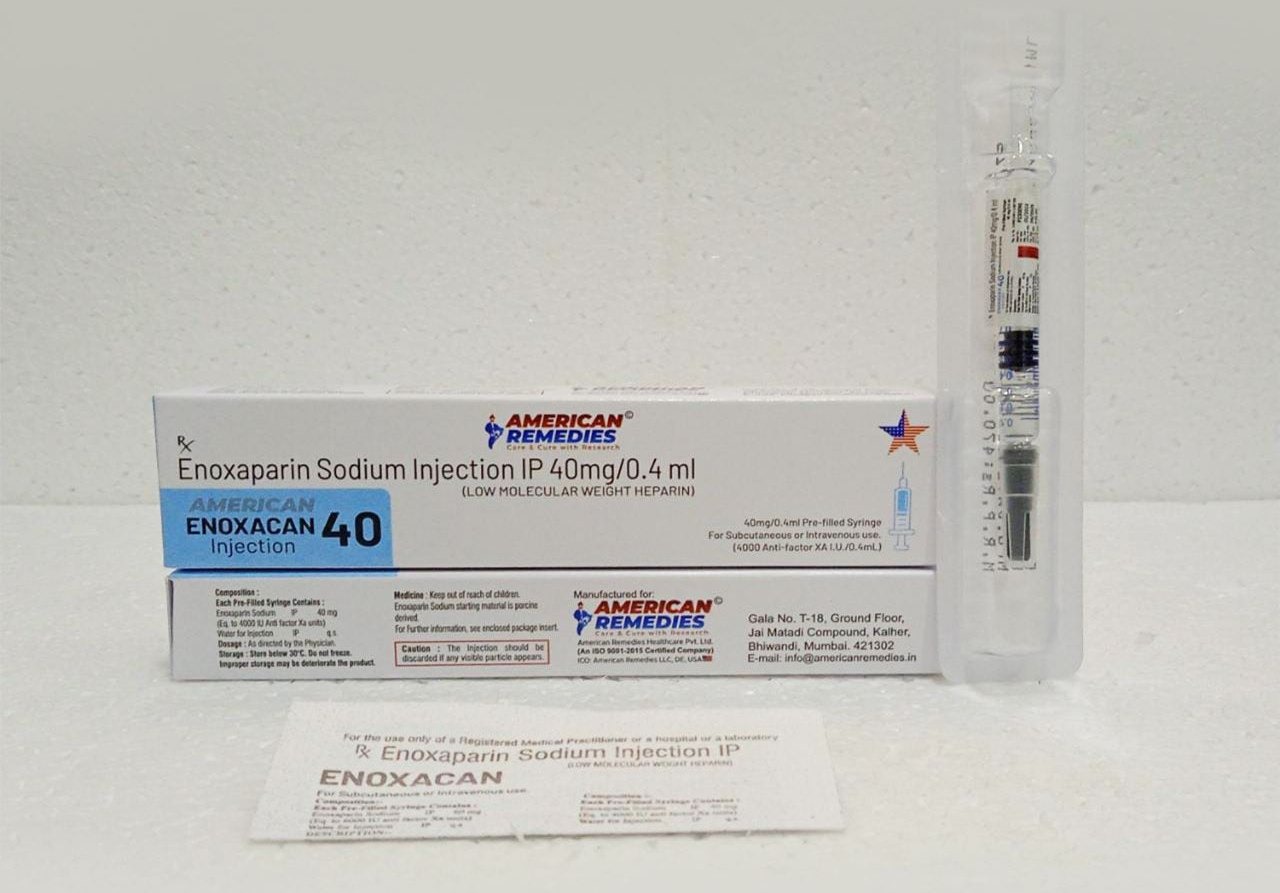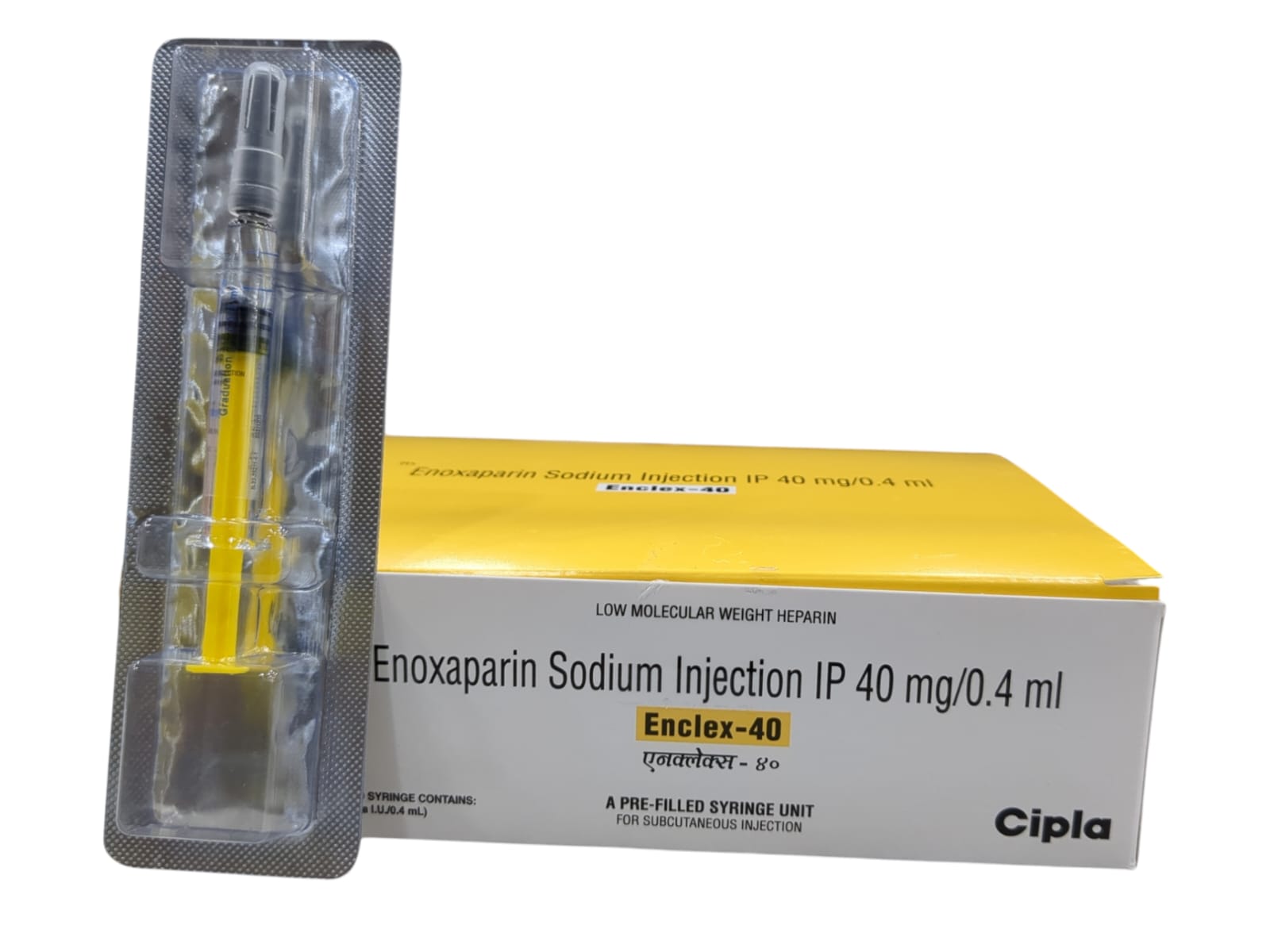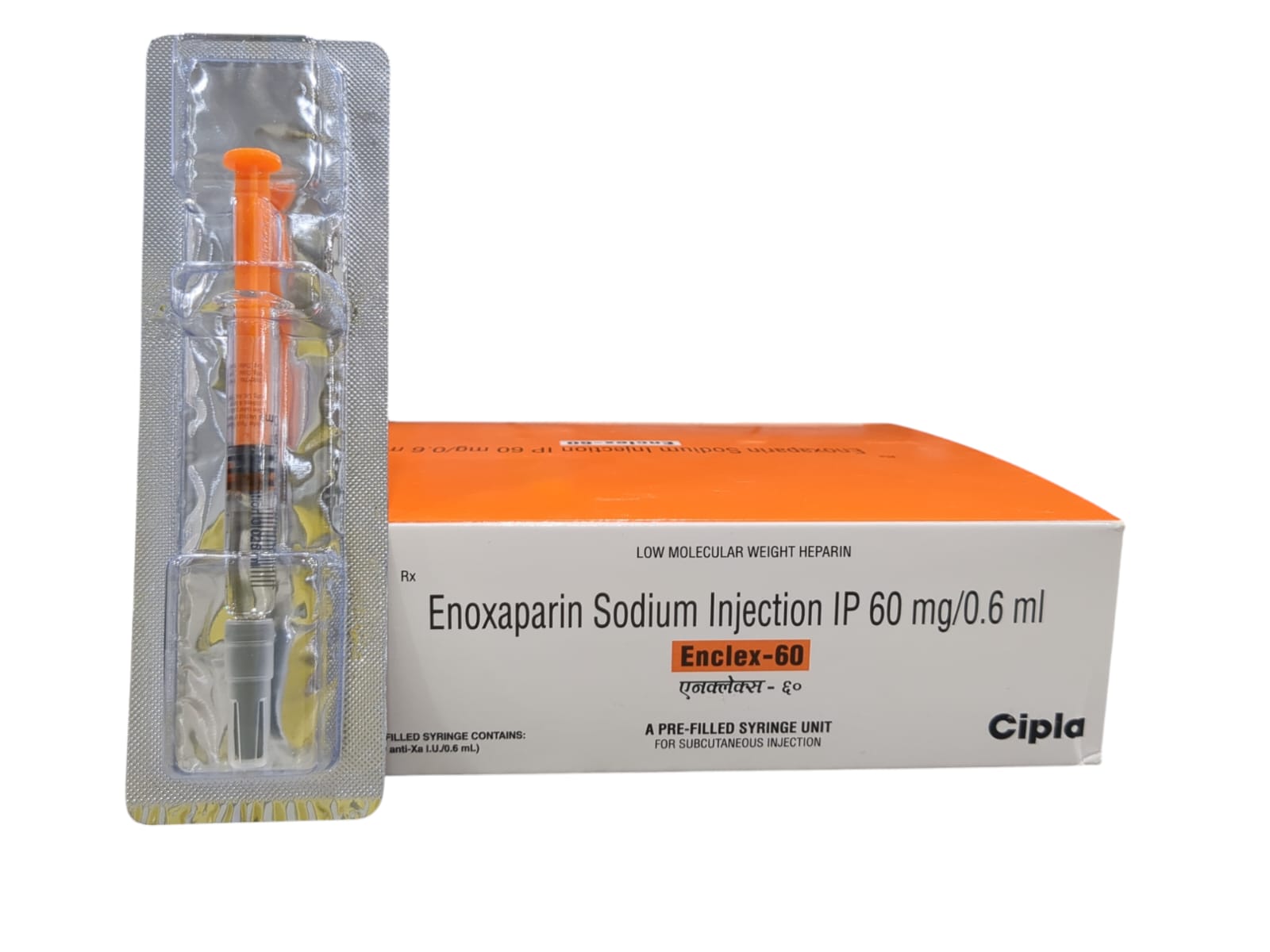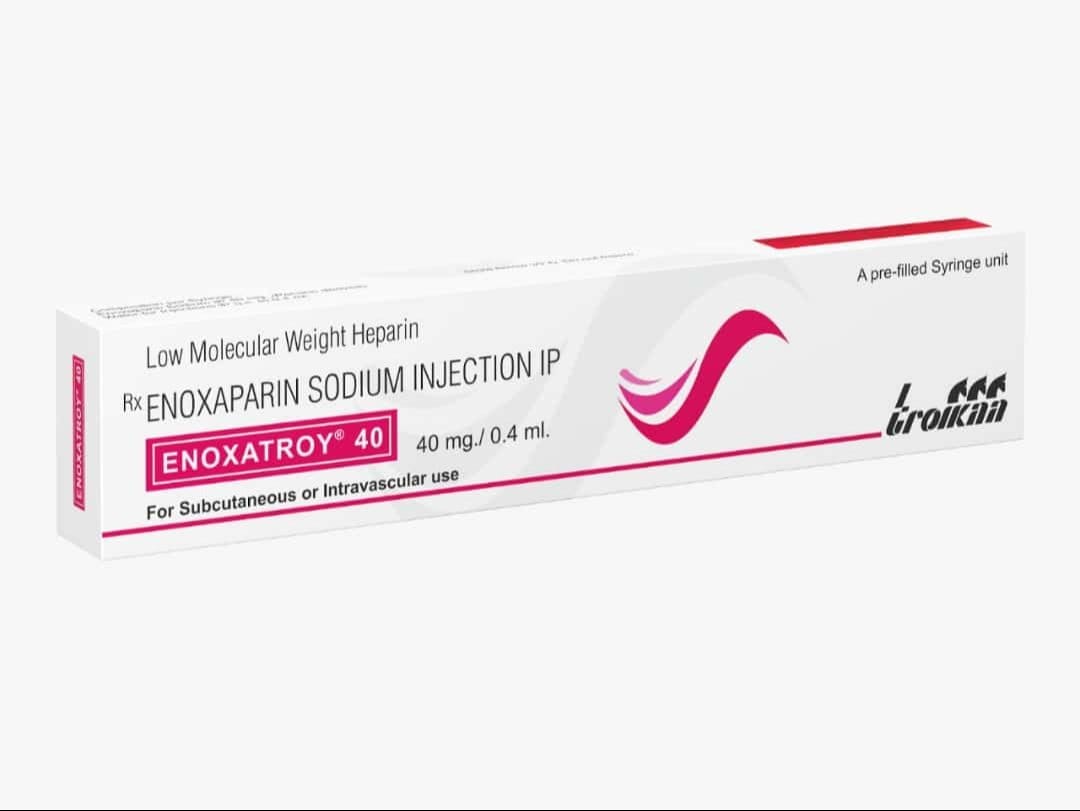INTRODUCTION ABOUT RITUXIREL 100 INJECTION RITUXIREL 100 INJECTION contains Rituximab which belongs to the group of medicines called Anticancer drugs. It is used to manage blood cancer (leukaemia) and lymph cancer (lymphoma). It can also be used to manage various auto-immune disease conditions such as rheumatoid arthritis, granulomatosis with polyangiitis or microscopic polyangiitis (inflammation of blood vessels) and pemphigus vulgaris (severe skin blistering and peeling especially on the mouth, nose, throat, eyes and genitals). It is mostly used in combination with other cytotoxic anticancer agents to achieve better results. It is suitable for use both in adults and in children (aged 6 months or older). RITUXIREL 100 INJECTION will be administered to you only by an oncologist or a trained professional into your vein (as intravenous infusion). Before receiving RITUXIREL 100 INJECTION inform your doctor if you have any heart problems (such as chest pain, heart attack, heart failure or abnormal heartbeat). You must also inform your doctor if you currently have or previously had hepatitis B infection or any other mild infections (including minor cough and cold) as a precaution. RITUXIREL 100 INJECTION is not recommended for use in pregnant or breastfeeding women. Both men and women receiving RITUXIREL 100 INJECTION must use a suitable contraceptive method to avoid pregnancy while undergoing therapy with RITUXIREL 100 INJECTION. The most common side effects of receiving this medicine are fever, chills, skin rashes with itching, shortness of breath and low blood pressure. Consult your doctor if any of these side effect worsens. USES OF RITUXIREL 100 INJECTION It is used to manage: Blood cancer (Chronic lymphocytic leukaemia) Lymph cancer (Non-Hodgkin’s Lymphoma) Rheumatoid arthritis (joint pain and inflammation) Granulomatosis with polyangiitis or microscopic polyangiitis (inflammation of blood vessels) Pemphigus vulgaris (severe skin blistering and peeling especially on the mouth, nose, throat, eyes and genitals) HOW RITUXIREL 100 INJECTION WORKS RITUXIREL 100 INJECTION is a monoclonal antibody. It destroys the immune cells (B-cells) that triggers cancer formation. It also reduces the production of certain chemicals within the body (such as rheumatoid factor, T-cells, cytokines) that causes inflammation, pain and swelling which helps in managing various autoimmune diseases. DIRECTIONS FOR USE RITUXIREL 100 INJECTION will be given to you only by a doctor or a nurse into the vein (intravenously). Your doctor will decide the correct dose and duration of therapy for you depending upon your age, body weight and disease condition. SIDE EFFECTS OF RITUXIREL 100 INJECTION COMMON increased infections (bacterial, viral or fungal) low RBC, WBC and platelet counts in blood nausea, vomiting, diarrhea, stomach pain, constipation, indigestion mouth ulcers hair loss fever, chills, pneumonia, shingles, cold, sinusitis thrush, urinary tract infection headache, dizziness, tiredness, weakness hepatitis B infection high blood sugar and cholesterol levels weight loss, lack of appetite numbness, tingling, pricking, burning sensation on the skin restlessness, problems in falling asleep, anxiety, depression flushing (skin redness) eye inflammation or watery eyes ringing sound in the ears, ear pain uneven or fast heart rate, high or low blood pressure shortness of breath, runny nose, nasal itching and repeated sneezing increased sweating, night sweats muscle pain, joint pain, back pain, neck pain pain while passing urine fungal foot infection (athlete’s foot) tremors (shakiness) swelling of the hands or ankles UNCOMMON blood clotting problems changes in taste slow heart rate chest tightness and lung problems RARE Contact your doctor immediately if you experience any of the following side effects: fever, chills, shivering, nausea, vomiting, skin rashes with blisters and itching, flushing, pain at the infusion site, headache, tiredness, wheezing, high blood pressure, palpitations, swelling of throat or tongue, runny or itchy nose and chest pain fever, cough, sore throat, burning pain while passing urine, feeling weak or generally unwell signs of brain problem (such as memory loss, trouble thinking, difficulty in walking or vision problems) signs of severe skin reactions (such as severe skin blistering and redness that may appear on the on the mucous membranes, such as inside the mouth, the genital areas or the eyelids, with fever)
Send Message